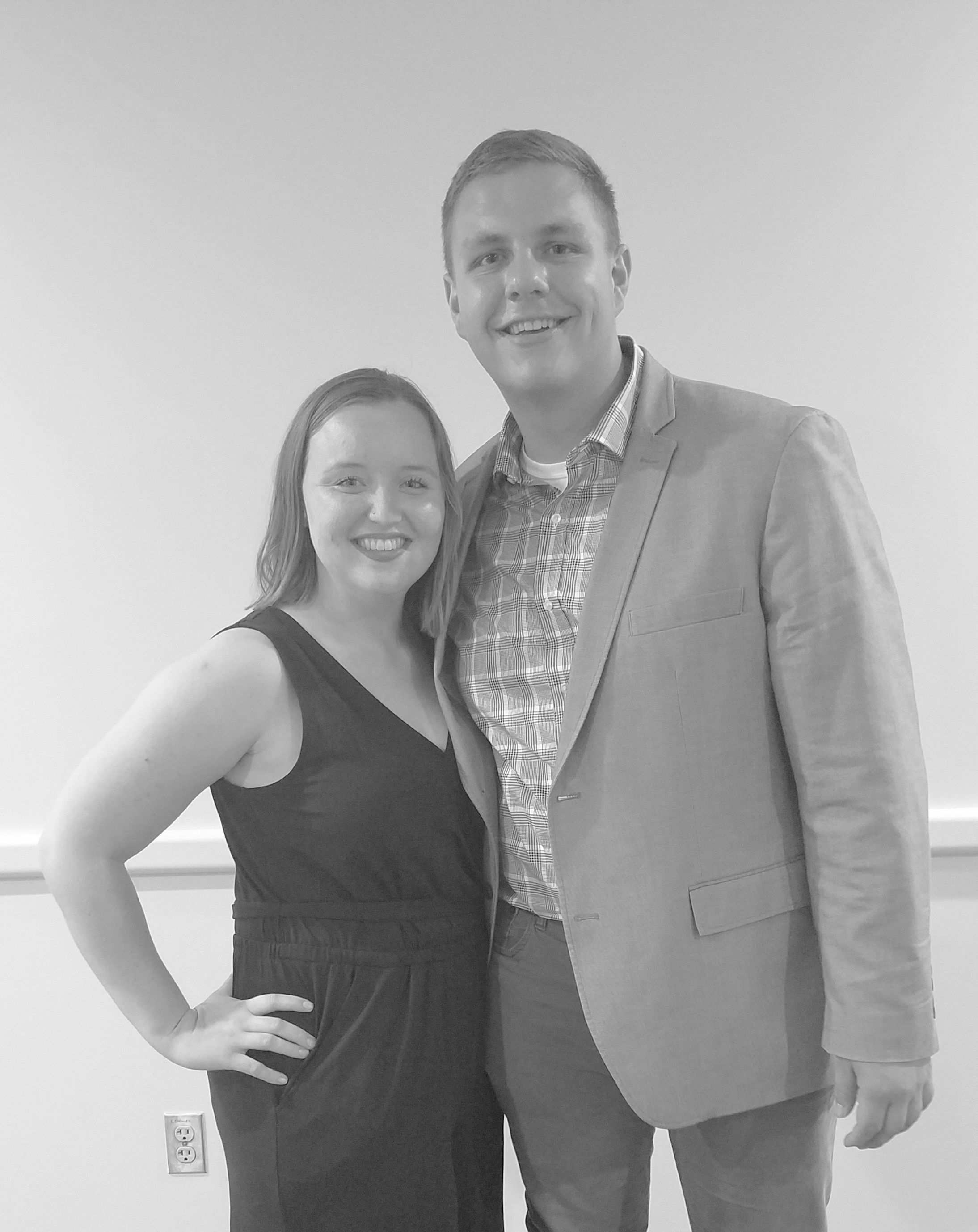Climate change is not a new subject of conversation for Gustavus students. Students have been thinking innovatively about how to be a more green campus for years, and this open dialogue has led to compost bins around campus, compostable utensils, cups, and straws, and the addition of GustieWare to the cafeteria. However, there’s still more to add to the conversation and this year’s Building Bridges conference plans to do just that.
The theme of the conference, which will take place on Sunday, March 7, is “Climate Justice: Unearthing the Climate Crisis as an Issue of Human Suffering.” It will feature keynote speakers David Archambault II and Nnimmo Bassey.
Archambault is a formal tribal Chairman of the Standing Rock Sioux tribe in North Dakota. He has long fought for Indigenous Peoples’ rights, including leading the opposition to the construction of the Dakota Access Pipeline. He continues to work for the protection of tribal treaty lands and natural resources. It is his experience speaking out against the oil industry and the Dakota Access Pipeline (DAPL) that led to his selection as one of this year’s keynote speakers.
Bassey, the other keynote speaker, is currently the director of ecological think-tank Health of Mother Earth Foundation (HOMEF) and committee member of Oilwatch International. This network resists the growing extraction of fossil fuels in the global south. He has an extensive background working with ecological policy groups and has authored more than a dozen books.
This year’s Building Bridges co-chairs, Senior Greta Dupslaff and Junior James Miller, are excited to bring both keynote speakers to campus, as well as to engage students in various activities throughout the campus on Saturday.
“We are excited to continue a campus conversation about climate change through a social justice lens. At this year’s Nobel Conference, we watched scholars from across the globe engage in conversation about climate change. Stemming from this conversation, we want to use the Building Bridges Conference as an avenue through which to continue thinking about climate change from a social justice perspective,” Dupslaff and Miller said in a joint statement.
While the keynote speakers are an important part of the day, the planning team wanted to ensure that the lecture was not the only way to engage with this year’s topic.
“There are multiple opportunities to engage with art, performance, and other forms of communication. We have been really intentional in making this conference as interactive and engaging as possible, and there are a number of elements that will work together to achieve this goal,” Dupslaff and Miller said.
This year’s Building Bridges marks the 25th anniversary of the organization, and both co-chairs hope the student social justice conference continues to flourish for years to come.
“We are excited to welcome alumni back to campus and uplift their work from past conferences. In celebration of what has already been done in its first 25 years, we also look forward to the future of this organization as it continues to drive campus conversation about social justice,” Dupslaff and Miller said.
Chaplain of the College and one of the Building Bridges Advisors Siri Erickson is proud of the work the students have put into this year’s conference.
“One of the things I love about advising the co-chairs of the Building Bridges conference is that I get to see how students combine their passion for a topic‒like climate justice‒with their leadership strengths to create a powerful learning experience for the campus and for the public. [Dupslaff and Miller], along with all of the students on the executive board and throughout the Building Bridges organization, care deeply about creating a more just world where people and the planet can thrive. That is inspiring to me, personally, and gives me hope for the future,” Erickson said.
“It is amazing how, as students, those who are members of the Building Bridges organization…are able to put on such an amazing event year after year.
“[They] provide a glimpse of what it takes to make society a bit more socially and environmentally equitable and just,” Flunker said.
Tickets to the conference are free for students. A full schedule of events can be found on the Gustavus website.
